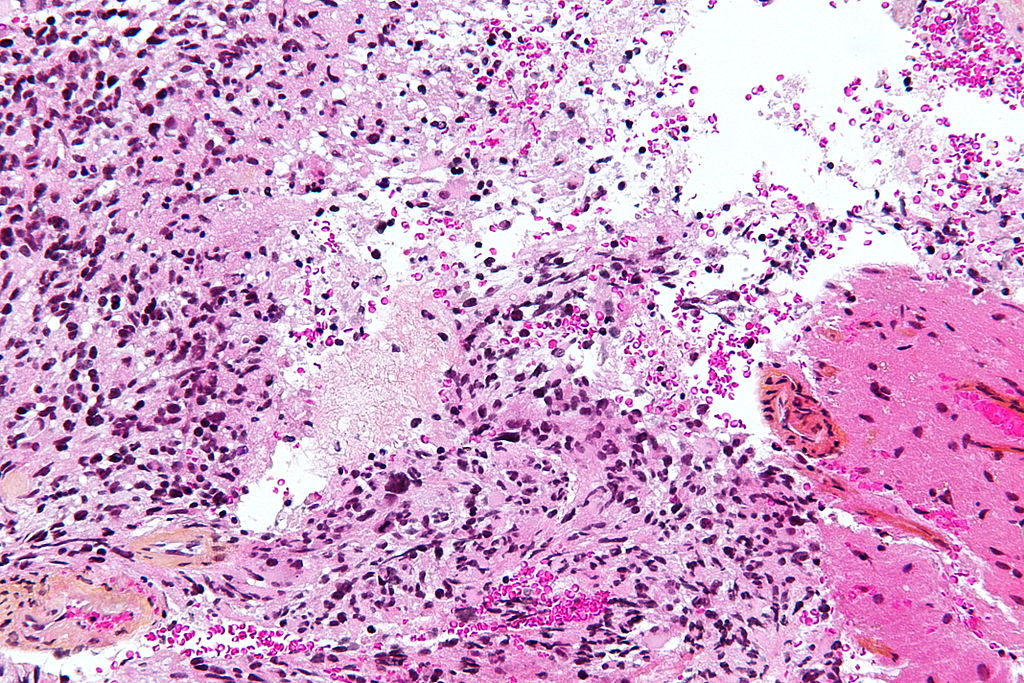
Philadelphia-based Imvax has raised $112m in a Series C round led by existing investor HP Wild Holding and supported by other major shareholders: Ziff Capital Partners, Magnetar Capital, and TLP Investment Partners. New investor Invus also participated in the funding round.
Imvax plans to use this funding “to continue clinical development of our lead product candidate, IGV-001, for treatment of glioblastoma through Phase 2, initiate the preclinical work and investigational new drug-enabling activities in additional oncology indications, as well as further expand Imvax’s core capabilities in research, development and manufacturing,” explains the company’s CEO John Furey.
Furey adds the financing will also allow Imax to “strengthen our corporate infrastructure, particularly in legal, business development and human resources”.
Imvax co-founder and chairman of the board Peter Corr noted in a statement: “We are pleased to receive strong support from our existing and new investors who are aligned with Imvax’s mission to transform the current treatment regimen for glioblastoma and potentially other solid tumour cancers with a unique approach that focuses on long-term survival.”
Imvax’s multi-antigen targeting approach
Focused on developing innovative immunotherapy approaches for hard-to-treat solid tumours, Imvax has developed a “first-of-its-kind technology to personalise immunotherapy” to the benefit of patients, explains Furey.
“The essence of Imvax’s drug candidates is a multi-antigen approach [that leverages] the patient’s own unique multi-antigen tumour profile, telling the body where and what to fight,” he adds. “The resulting systemic, long-lasting immune response specifically targets the tumour’s entire antigen profile, while simultaneously nullifying its immune-silencing ability.”
How well do you really know your competitors?
Access the most comprehensive Company Profiles on the market, powered by GlobalData. Save hours of research. Gain competitive edge.

Thank you!
Your download email will arrive shortly
Not ready to buy yet? Download a free sample
We are confident about the unique quality of our Company Profiles. However, we want you to make the most beneficial decision for your business, so we offer a free sample that you can download by submitting the below form
By GlobalDataThis more complete immune response is further supported by the addition of an antisense molecule, further differentiating Imvax’s drugs from other personalised immunotherapy approaches.
Furey argues Imvax’s immunotherapy significantly improves upon a single-antigen or single-target approaches, which “poorly address individual patient variation, so have largely been unsuccessful. Because every cancer follows its own unique evolutionary path, we believe a multi-antigen-target approach is critical to success”.
Imvax, IGV-001 and glioblastoma
Glioblastoma is a common and aggressive form of brain cancer, accounting for just over half of all primary brain tumours. The current standard of care has had limited success; median overall survival (OS) for patients remains between 14 and 16 months.
However, results from a Phase Ib trial show that Imvax’s novel immunotherapy IGV-001 significantly outperformed the standard of care and prolonged both OS and progression-free survival (PFS) in newly diagnosed glioblastoma patients. Furey sees these promising results, revealed in March 2019, as central to Imvax’s recent successful financing round.
IGV-001 is an autologous, or personalised, tumour vaccine, which is produced by harvesting living tumour cells from a patient, and treating them with “an insulin-like growth factor type 1 receptor (IGF-1R) antisense oligonucleotide (called IMV-001) to silence it, as IGF-1 is linked to tumour growth and metastasis,” notes Furey.
“These interventions stress the cells as they are re-introduced to the patient, where an immunogenic cell death takes place,” Furey adds. “This leads to a controlled release of immunostimulatory antigens triggering a broad anti-tumour response and excess IGV-001 acts as an adjuvant to trigger an innate immune system response.”
Although launching a Phase II trial of IGV-001 early next year is Imvax’s focus right now, the company is also investigating whether its multi-antigen approach will be effective in other solid tumours. Furey expects clinical studies of the next tumour type to also start in 2021.



